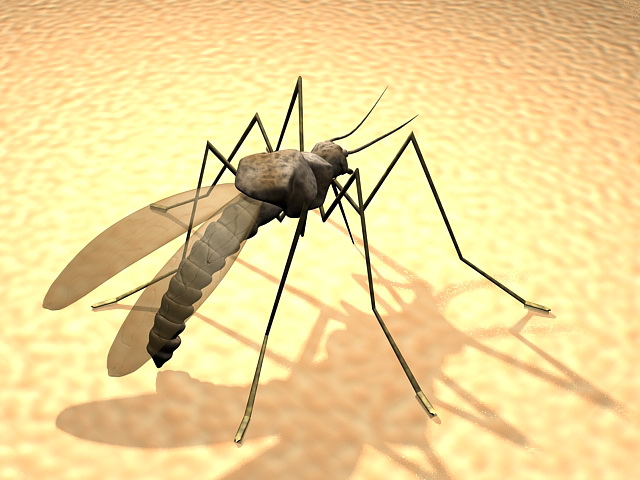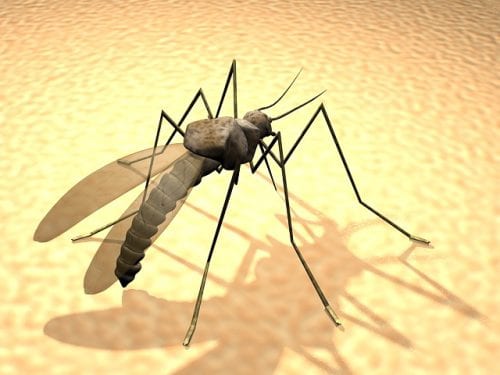HAMPDEN COUNTY – The Massachusetts Department of Public Health (DPH) announced over the weekend that laboratory testing confirmed the second human case of Eastern Equine Encephalitis (EEE) virus infection, a female in her 60s who was exposed to EEE in Hampden County.
The City of Westfield website has been updated with more information on EEE, said Health Director Joseph Rouse.
Rouse said it’s not surprising that they’ve had a case in Hampden County. “We always knew it was here anyway,” Rouse said. He said the city will be ramping up the information on EEE on its website.
Rouse said it goes back to personal protection, being mindful of when and how to avoid mosquito bites. “We have to protect ourselves,” he said.
As a result of the case, the EEE risk level in Wilbraham has been raised to critical, and the EEE risk level in Hampden and Monson has been raised to high. All three municipalities are in Hampden County. Additionally, Chicopee, East Longmeadow, Ludlow, Palmer, and Springfield in Hampden County have been raised to moderate risk.
In 2019, there were 12 human cases of EEE with six deaths in Massachusetts.
DPH is working with the local health departments and the Massachusetts Department of Agricultural Resources to coordinate mosquito surveillance and appropriate public health response activities.
According to Public Health Commissioner Monica Bharel, the single best prevention tool continues to be avoiding mosquito bites by using repellent, wearing long sleeves and pants, weather permitting, and avoiding outdoor activity between the hours of dusk and dawn in the highest risk areas.
Apply insect repellent when outdoors: Use a repellent with an EPA-registered ingredient, oil of lemon or eucalyptus according to the instructions on the product label. DEET products should not be used on infants under two months of age and should be used in concentrations of 30% or less on older children. Oil of lemon eucalyptus should not be used on children under three years of age.
Be aware of peak mosquito hours: The hours from dusk to dawn are peak biting times for many mosquitoes. Consider rescheduling outdoor activities that occur during evening or early morning in areas of high risk.
Clothing can help reduce mosquito bites: Wearing long-sleeves, long pants and socks when outdoors will help keep mosquitoes away from your skin.
Mosquito-proof your home by draining standing water, where mosquitoes lay their eggs. Limit the number of places around your home for mosquitoes to breed by either draining or discarding items that hold water. Check rain gutters and drains. Empty unused flowerpots and wading pools, and change the water in birdbaths frequently.
Install or repair screens, protect animals: Animal owners should reduce potential mosquito breeding sites on their property by eliminating standing water from containers. Water troughs should be flushed out at least once a week during the summer months to reduce mosquitoes near paddock areas. Horse owners should keep horses in indoor stalls at night to reduce their risk of exposure to mosquitoes. Owners should speak with their veterinarian about mosquito repellents approved for use in animals and vaccinations to prevent WNV and EEE. If an animal is suspected of having WNV or EEE, owners are required to report to DAR, Division of Animal Health by calling 617-626-1795 and to DPH by calling 617-983-6800.
Current information on EEE and the West Nile Virus in mosquitos may be tracked at www.mass.gov/mosquitoesandticks.







